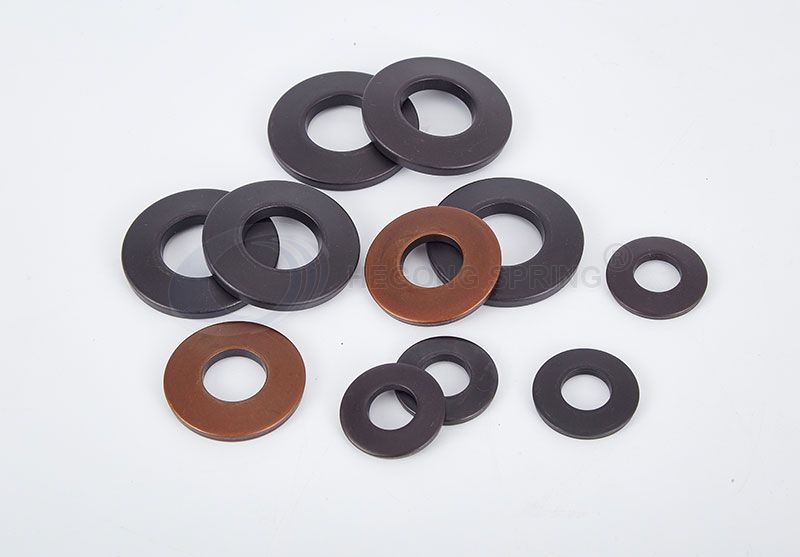Guide to Installation and Maintenance of Belleville Washers
Mar. 29, 2024
Belleville washers also known as conical disc springs or conical washers, are vital components in various mechanical applications. Their unique conical shape provides excellent spring characteristics, making them ideal for situations requiring high force in limited space. In this comprehensive guide, we'll delve into the intricacies of installing and maintaining Belleville washers to ensure optimal performance and longevity.

Before delving into installation and maintenance procedures, let's first understand what Belleville washers are and how they function. These washers are disc-shaped springs, typically made of metal, featuring a conical shape with a slightly curved design. This design enables them to exert a spring force when compressed axially.
Key Features of Belleville Washers
Belleville washers possess several key features that make them indispensable in various applications:
Conical Shape: The unique conical shape allows Belleville washers to provide a high spring force within a small space, making them suitable for compact assemblies.
High Load Capacity: Despite their compact size, Belleville washers can handle high loads, making them ideal for applications requiring significant force.
Versatility: These washers can be stacked in series or parallel to achieve different spring rates and load capacities, providing versatility in design and application.
Installation of Belleville Washers
Proper installation is crucial to ensure the effective functioning of Belleville washers. Follow these steps for a successful installation process:
Step 1: Clean the Surfaces
Before installation, ensure that the mating surfaces where the Belleville washers will be placed are clean and free of debris, rust, or other contaminants. Any irregularities or foreign particles can affect the washer's performance.
Step 2: Align the Washers
Align the Belleville washers properly on the shaft or bolt. Ensure that the concave side of each washer faces the mating surface or the bolt head, depending on the application requirements.
Step 3: Apply Proper Preload
Apply the necessary preload by tightening the nut or bolt to the specified torque value. The preload ensures that the washers are compressed to the desired extent, allowing them to exert the required spring force.
Step 4: Check Alignment and Clearance
After installation, double-check the alignment of the spring washers and verify that there is adequate clearance for movement. Misalignment or insufficient clearance can lead to premature wear or failure of the washers.
Maintenance of Belleville Washers
Regular maintenance is essential to prolong the lifespan and ensure the optimal performance of Belleville washers. Here are some maintenance tips to follow:
Inspection
Periodically inspect Belleville washers for signs of wear, deformation, or corrosion. Replace any damaged or worn-out washers immediately to prevent potential issues.
Lubrication
Apply a suitable lubricant to the mating surfaces of the washers to reduce friction and wear. Choose a lubricant compatible with the material of the washers and the operating conditions.
Torque Check
Periodically check the torque of the nuts or bolts to ensure that the Belleville washers maintain the desired preload. Adjust the torque if necessary to maintain proper compression.
Environmental Considerations
Consider the operating environment when selecting lock washers and designing the assembly. Exposure to extreme temperatures, chemicals, or moisture can affect the performance and longevity of the washers.
Conclusion
Belleville washers play a crucial role in various mechanical applications, providing high spring force in compact spaces. Proper installation and maintenance are essential to ensure their optimal performance and longevity. By following the guidelines outlined in this guide, you can effectively install and maintain Belleville washers, maximizing their efficiency and reliability in your applications.
238
0
0


Comments
All Comments (0)